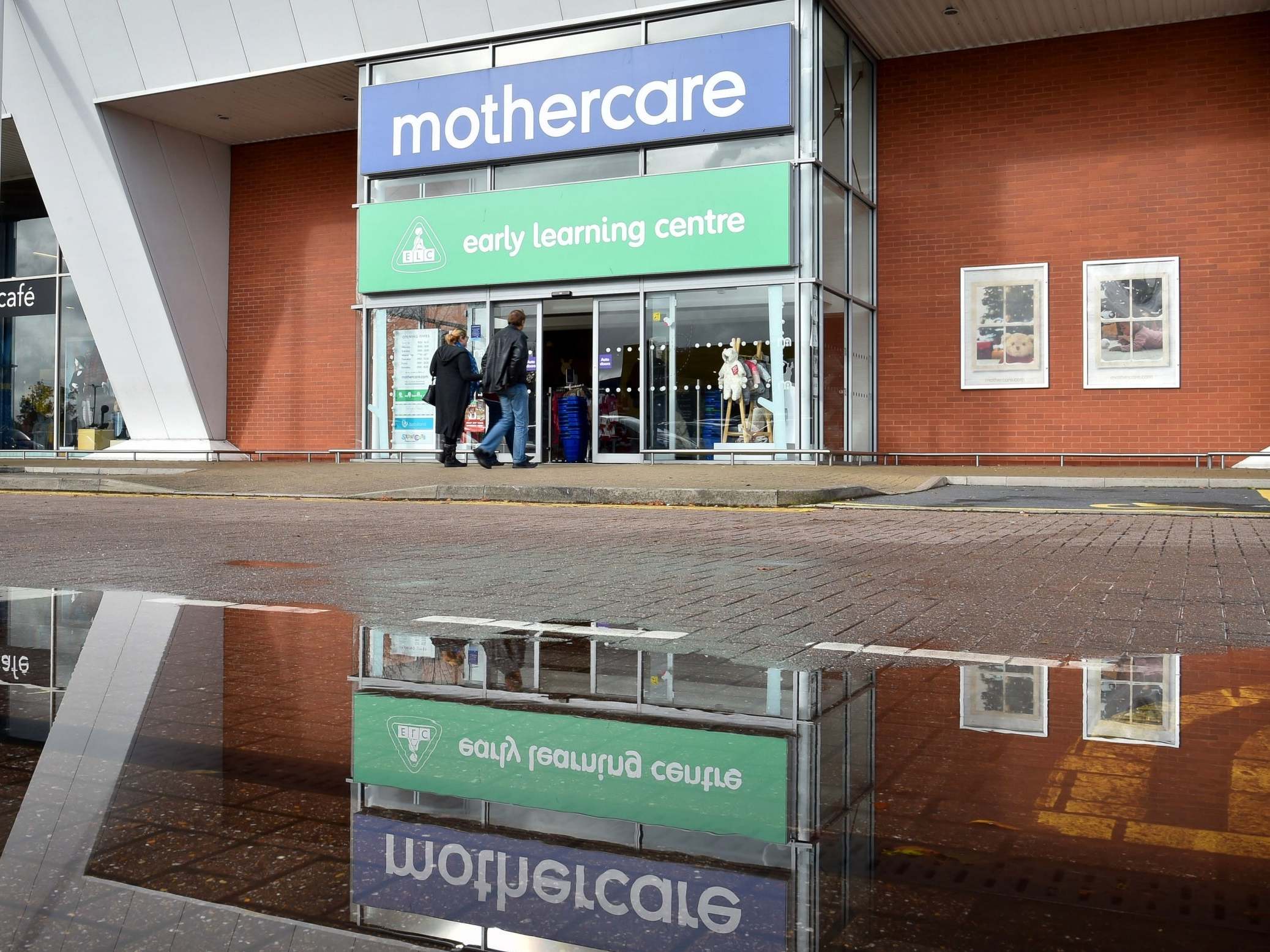The figures that show why Johnson needed a December election
Poor employment statistics show the prime minister called next month’s poll just before things went from bad to worse, writes James Moore


Britain’s labour market? It’s like a bit like milk that’s on the turn but has yet to go off. The latest official figures provided a demonstration of that.
They showed that employment fell in the three months to the end of September, by 58,000, which isn’t good by any stretch of the imagination. But it was better than the consensus forecast, which predicted a 102,000 decline.
Meanwhile, unemployment nudged down a bit, by 23,000 to 1.3 million. The two can both fall because there is a third group of people classed somewhat unfortunately as “economically inactive” – students, carers and the like. Changes to its composition, and to Britain’s population, have an impact on the figures.
Where economists were unduly optimistic was on the subject of pay, where the increase to the nation’s take-home fell from 3.7 per cent in August to 3.6 per cent. They’d expected somewhat better news.
Earnings growth is likely to remain subdued, not just because labour market is softer than it was but also because productivity remains poor. It should serve to reduce the chances of an interest rate rise, so there’s that.
The latest economic numbers have all been bad to varying degrees. The problem for the Conservatives’ electoral opponents is that it probably hasn’t been bad enough to have much of an impact.
The stop-start economy – growth returned in the third quarter but there wasn’t much of it and September saw a contraction – is certainly having an impact on the labour market.
But the unemployment rate hasn’t been this low since the early Seventies and, even though the signs of trouble on the horizon are obvious, vacancies having fallen for nine consecutive months. The rain hasn’t starting falling in earnest.
Wages are, meanwhile, still increasing at a rate ahead of inflation, even if growth has slowed a bit.
After years in which it undershot, people in theory have more money in their pockets (although the benefits of that are tempered by the fact that a lot of people also have more debt).
Tory policies, and in particular the dark shadow cast by Brexit, are clearly damaging the economy. The lacklustre run of GDP numbers speaks to that. So does Britain’s poor performance compared to its peers. This country has missed out on a global expansion. If the contraction some fear is on the way, it will take a nasty hit.
Certain sectors are already taking lumps. Manufacturing would be one of those. But the number of people employed in this sector is quite small by comparison to the rest of the economy. Ditto retail, where there have been a number of high-profile collapses.
The nation does rather have the look of a team that’s perched just above the relegation zone with a run of tough matches ahead of it and a buffoon of a manager on the touchline.
But UK DisUnited isn’t yet getting walloped 7-0. A second season of Boris Johnson could well end up with that happening, even though he says he’s planning to spend big.
Until people see that, however, and, more to the point, until they feel that, he won’t be held responsible. It’s why he did well to secure an election when he did.
Join our commenting forum
Join thought-provoking conversations, follow other Independent readers and see their replies
Comments